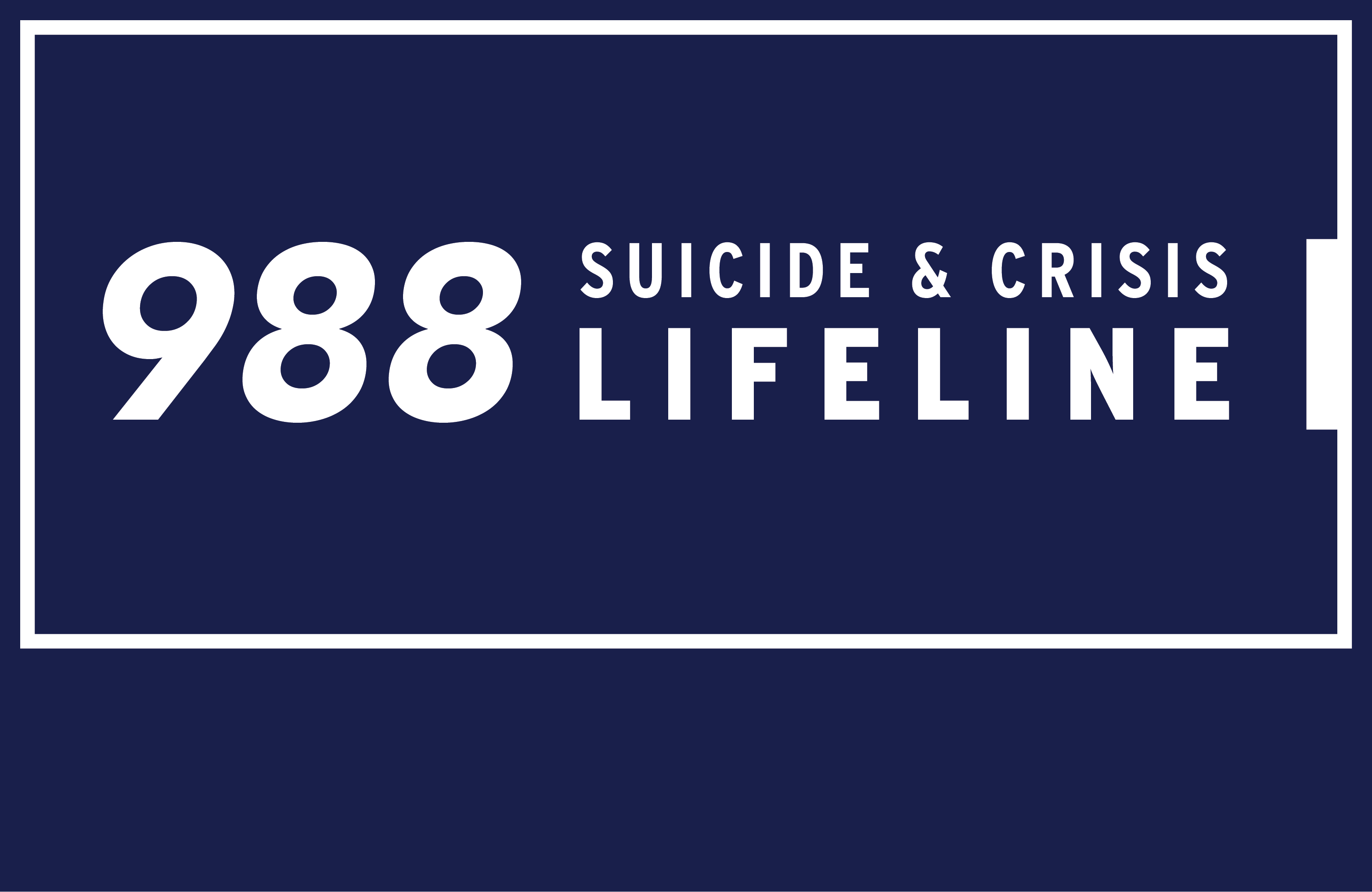Newborns Affected by Substance-Exposure Information for Pediatric Healthcare Providers
Medications, drugs, or alcohol taken during pregnancy can affect a woman's health and the health of her developing baby. Substance exposure before birth can also affect a baby after being born. Prenatal substance exposure can be detected in a baby at birth through a drug test or can be diagnosed if the baby has symptoms of withdrawal. Newborns affected by exposure to any opioid-containing substance in utero may experience withdrawal symptoms after delivery. Such substances include prescription medications for pain or for treatment of opioid use disorder, and illicit opioids such as heroin or fentanyl. The medical term for withdrawal symptoms in a newborn is Neonatal Abstinence Syndrome (NAS). NAS-like symptoms can also sometimes be a result of withdrawal from medications like antidepressants and benzodiazepines, and NAS risk may increase in the presence of these medications and smoking. Fetal alcohol spectrum disorders (FASDs) are a group of conditions that can occur in a person whose mother drank alcohol during pregnancy. These effects can include physical problems and problems with behavior and learning. The number of newborns affected by substance exposure who are diagnosed with Neonatal Abstinence Syndrome (NAS) has increased over the past decade in Rhode Island.
What we are doing
Consistent with national laws, Rhode Island has developed a Plan of Safe Care (POSC) process to support all infants born affected by substance exposure, withdrawal symptoms, or a Fetal Alcohol Spectrum Disorder. Substances can include illicit drugs, THC, opioids, synthetic opioids, or misused prescription medications.
The purpose of a POSC is to ensure that infants and caregivers affected by prenatal substance exposure receive needed supports and services after hospital discharge. The POSC is a single document to track existing supports and referrals, and to help ensure that new referrals are made for families and infants who may benefit from them. Families will work with the birthing hospital care team to create a POSC, which lists the supports they are already involved with and others they may follow up with for after-hospital care. Each POSC is tailored to the infant and their caregiver(s) with resources and services that will help support them when they go home from the hospital. Examples of services include Family Home Visiting, Early Intervention, and recovery supports.
The Office of Newborn Screening receives POSC information and supports referrals to health department programs. RIDOH will report to DCYF quarterly: (a) the number of newborns affected by substance-exposure, (b) the number of POSCS, and (c) the numbers and types of service referrals on POSCs. RIDOH will not report to DCYF personal or identifying information from POSCs. Per federal legislation, DCYF will be the agency to report the overall numbers to the Federal Administration of Children and Families.
What you should do
If you are a hospital-based pediatric healthcare provider and your patient is affected by substance exposure and being discharged to his or her birth parent(s), you must complete a Plan of Safe Care - Family Care Plan Form. For babies being discharged to foster care, the Plan of Safe Care - Family Care Plan Form should be completed with resources for the birth parent(s), and the Plan of Safe Care - Foster Family Care Plan Form should be completed with resources and supports for the child and caregivers. All caregivers should be encouraged to participate in the completion of the POSC. Social workers, discharge planners, and nurses can provide valuable input.
If you are a community-based pediatric healthcare provider, your patient’s POSC will be faxed to you from the birth hospital. The hope is that primary care providers will find the POSC to be a useful tool for care coordination and patient navigation of services and supports.
 Rhode Island Department of Health
Rhode Island Department of Health


